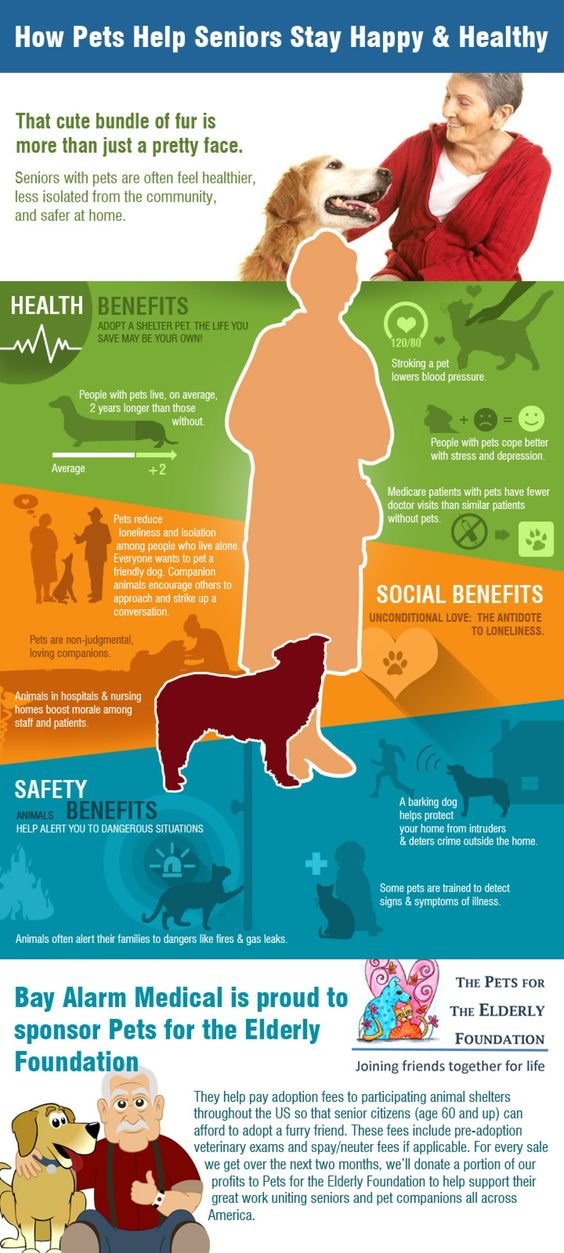Why Social Programs are Important in Aged Care : If we are very lucky, most of us will live to a ripe old age, enjoying life to the full in the company of good friends and family. Unfortunately, it is a sad fact of life for many seniors that the passing years sees them becoming gradually more isolated. This may be the result of the loss of a partner or close friend, lack of transportation or a even a disability which makes socialisation more difficult.
Residential care can offer more than physical assistance to the elderly, it throws many a social lifeline to re-establish their connection to the community. It is an new opportunity to experience the warmth and camaraderie of social interaction again.
Some elderly residents in aged care facilities are initially reluctant to participate in social programs – let’s face it, whether you are eight or 80, making friends is always a bit daunting. There is no denying though that with a little encouragement, the rewards of making friends and getting involved in group activities can be huge.
The rewards
Unsurprisingly, studies have shown that friendships and social activities improve seniors quality and enjoyment of life. What is surprising is that it has also been shown that these can extend the length of their life by years!
Social activities have even been proven to delay or lower the risk of many of the memory and cognitive issues associated with degenerative brain disorders such as dementia.
Let’s take a brief look at some proactive residential care programs available which promote socialisation, creativity and wellbeing in the elderly, along with a look at the far reaching benefits associated with participation.
Promoting creativity
Creativity comes in many forms. No matter what activity levels a person possesses there is sure to be a satisfying outlet which matches them. A few inspirational ideas are:
- Gardening and flower arrangement
- Arts and crafts
- Cooking and cake decorating
- Storytelling
- Scrapbooking
Benefits: Creative expression through making art in groups, boosts self esteem, motivation and social connectivity. It also builds a sense of achievement and accomplishment. Research has found that dementia and Alzheimer’s patients involved in art therapy, gain a new path for communication.
Pet therapy
A recent introduction to the aged care arena is pet therapy. Low maintenance animals such as chickens are proving to be a wonderful way for residents to socialise, form a bond with a pet and often connect them with aspects of their youth.
Benefits: According to an article published on ScienceDirect.com, experiments with elderly patients in which groups were given a canary, a plant or nothing, proved the benefits of pet therapy. While those patients given a plant showed some benefits, those given the pet exhibited marked positive results on brief symptom inventory (BSI) and quality of life subscales.
This proves that real psychological benefits can be gained through pet therapy, particularly in relation to depressive symptoms and the patient’s quality of life perception.
Music magic
Music is a common bond for people. It is a connection to our past and evokes many wonderful memories for elderly patients. Sing-a-long programs often involve the participation of children from local primary school; to the mutual benefit of all involved. Residents can be given the opportunity to play a simple instrument along with the music and much fun and laughter often ensues.
Benefits: Singing is a common human enjoyment. It promotes social interaction, increases positive emotions as well as encourages self expression and creativity. Above that, singing and music can have positive benefits to people suffering Alzheimer’s disease. Anecdotal evidence shows that those suffering the effects of decreased brain function can often still remember words to songs or play music.
Game playing
There are a wide variety of games which can be enjoyed by elderly residents in group situations. These can be organised informally between residents or arranged as a regular weekly activity. There are a wide variety of games and activities which fall into a few basic categories. These include:
- Card games
- Board games
- Trivia
- Puzzles
Benefits: Interaction and socialisation with people of similar background, life experiences and demographic. Research shows that seniors who participate in cognitive exercises through board games or puzzles, were far less vulnerable to developing dementia than those who didn’t.
Scrabble is particularly useful in reducing memory loss, retaining the vocabulary and enhancing word recognition.
Growing older shouldn’t mean we lose our sense of fun or pleasure in the simple things in life. Residential care should be about nurturing both the bodies and minds of our senior citizens. Social activities are a vital part of that care – improving quality of life and making residential care a truly valuable and fulfilling experience.
Related Videos to Why Social Programs are Important in Aged Care:
Staying Social: Activities for the Elderly
https://www.youtube.com/watch?v=5T2MQilDsY0?autoplay=1&rel=0
Activities for Seniors – Live Longer and Happier
https://www.youtube.com/watch?v=xGAEYpMCeOo?autoplay=1&rel=0
Fun activities for elderly people
https://www.youtube.com/watch?v=yxWm49zICNI?autoplay=1&rel=0
Elderly Activities and Caring for Aging Parents
https://www.youtube.com/watch?v=dkBqyPzbt8Y?autoplay=1&rel=0
Benefits of pets and older adults
https://www.youtube.com/watch?v=ZyqshNuSY38?autoplay=1&rel=0
Related Infographics to Why Social Programs are Important in Aged Care:


Why Social Programs are Important in Aged Care
benefits of social interaction for elderly, benefits of social activities for the elderly, importance of social participation, importance of social activities for elderly, advantage of social activities, elderly social contact, benefits of social participation, aged care services to support living in the community, Why Social Programs are Important in Aged Care




